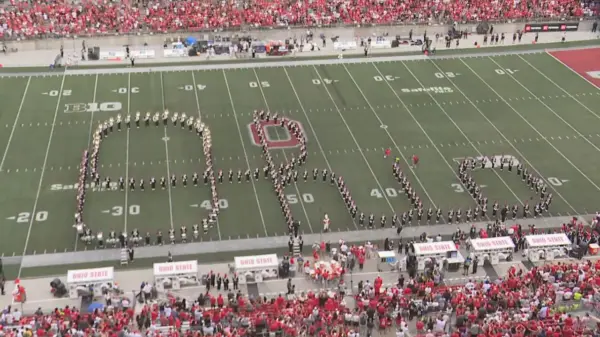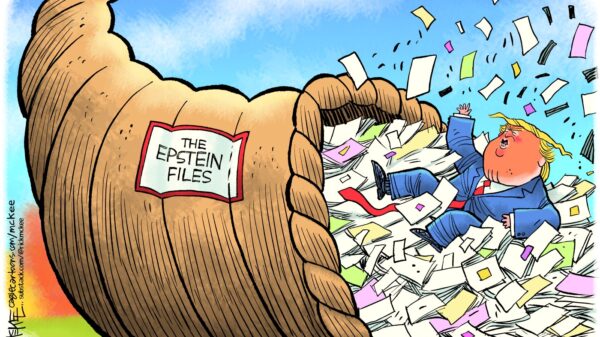Indian refiners are adjusting their strategies in response to the European Union’s recent approval of its 18th sanctions package against Russia. This new package specifically targets oil derivatives produced from Russian crude oil in third countries, significantly affecting India’s robust trade in these products. As one of the largest purchasers of Russian crude, India now faces challenges in accessing European markets, where a substantial portion of its refined outputs, such as diesel and jet fuel, have been directed.
Between January and July 2023, Indian refiners, particularly Reliance Industries, exported approximately 2.83 million barrels of diesel and 1.5 million barrels of jet fuel to Europe each month. With the sanctions set to take effect in six months, these export dynamics are poised for a significant transformation.
Impact on Key Players
The sanctions are expected to have a direct impact on Nayara Energy, a major Indian refiner with considerable investment from Russia’s state-owned oil company, Rosneft. Nayara Energy has been explicitly named among the entities targeted by the EU sanctions. In response, the company condemned the sanctions as “unjust and unilateral,” a sentiment echoed by the Indian government’s official stance, which has expressed disapproval of the sanction package.
Rosneft further emphasized the strategic importance of Nayara Energy, stating that the refinery plays a crucial role in ensuring a stable supply of petroleum products to India’s domestic market. The company warned that the sanctions pose a direct threat to India’s energy security and could adversely affect the nation’s economy.
New Markets and Trading Strategies
In light of these developments, Indian refiners are likely to seek alternative markets for their products. According to trading sources cited by Reuters, refiners might explore options in Asia or consider utilizing floating storage facilities in the Middle East and West Africa, where products could be re-exported to new destinations.
While this shift may benefit traders looking to capitalize on changing market dynamics, the implications for producers and consumers could be less favorable. Increased logistical complexities and potential tariffs may lead to higher prices for refined fuels, impacting consumers who will ultimately bear the costs.
As the situation unfolds, Indian refiners are under pressure to adapt their operations to navigate the evolving landscape shaped by international sanctions. With the EU sanctions casting a long shadow over Russian crude trade, the next few months will be crucial for Indian businesses as they seek to redefine their roles in an increasingly competitive and regulated global market.






































































